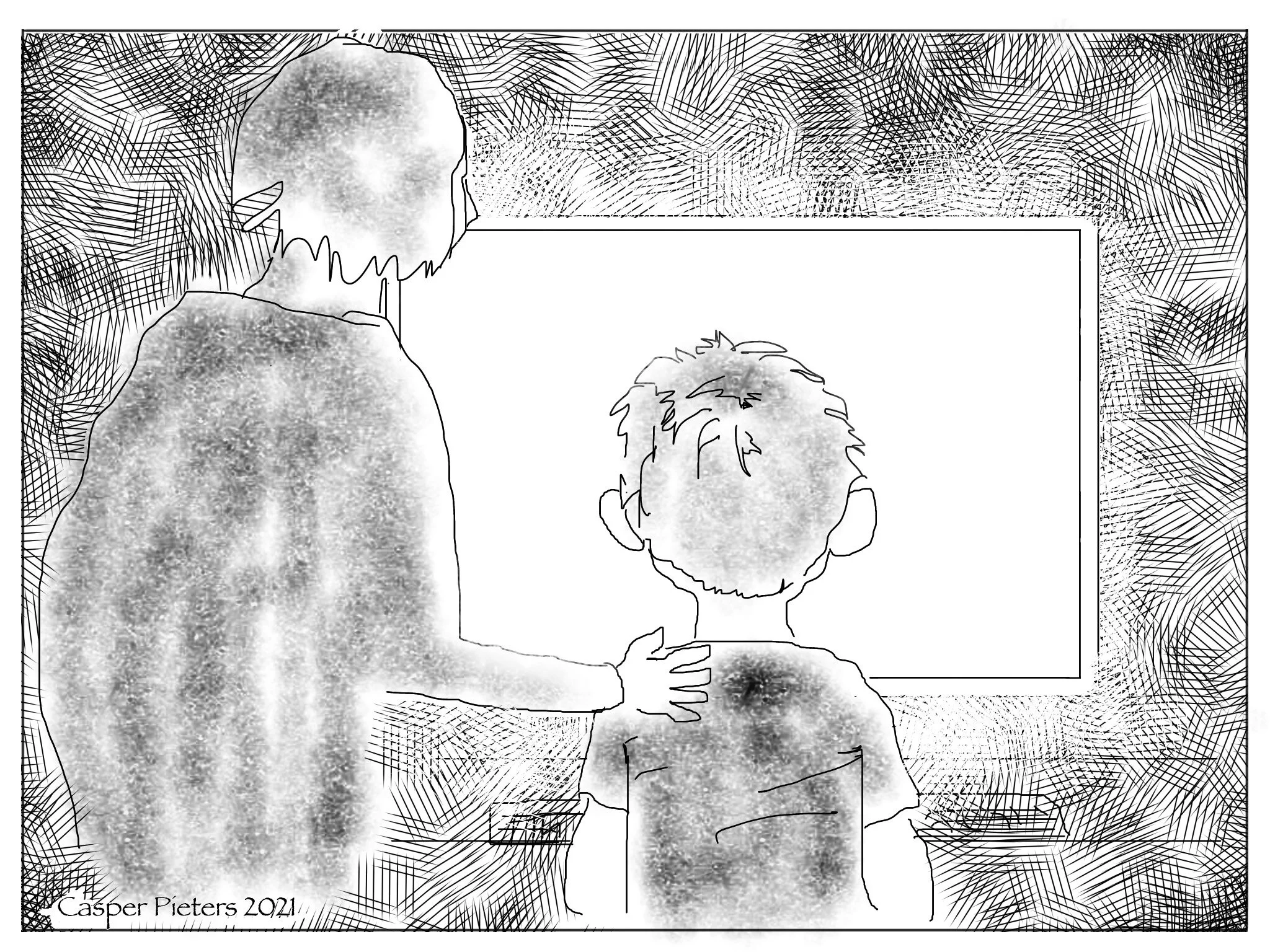Digital Parenting - no easy task
Year 3 to 10 parents
The COVID-19 pandemic has added to the demands on parents to manage family life, money, health, education, work and the digital lives of their children.
Time in front of computers or other devices has increased dramatically, despite previously advised screen time limits. This has added to child obesity, a sharp increase in online abuse and highlighted the issue of the digital divide, where children without good online access fall behind with their education.
So how much time is okay to spend behind a screen? This answer to this question has been much influenced by the 2 x 2 rule of the American Academy of Pediatrics, but their advice, twenty years old, was based on passive TV viewing. This has caused much guilt amongst digital parents. A better question knowing that our children spend time doing different activities online is — How much time should my child spend on a particular activity? Gaming after all is a very different online activity then doing school work or being social with friends and family. Unfortunately, there is no easy answer and is different for each age group and even each child. It is no surprise, that parents feel less guidance about how to manage their children’s digital lives, than other aspects of raising kids.
But rather than count the screen time hours, get familiar with the online resources they are using, stay in contact with your child, participate in some of their online activities, monitor and discuss the effects of each activity. This all supports a democratic model of family life and serves to foster healthy social relationships.
Digital parenting is not a simple matter. It is a juggling act between balancing and resisting the role of digital technologies in family life. Each approach brings its own anxieties, as parents ask themselves: Did I get it right? Will it pay off? What will be the long-term consequence of that? One thing is certain, our children face a digital future and as parents we need to prepare them for that. They need help and it is essential that the relevant institutions (government, health, education, welfare, employment) that rely on parents to provide a digital home provide supportive resources, tailored to diverse circumstances and responsive to parents’ concerns.
Question: What is your greatest need in raising your child in a digital world?
Casper Pieters PhD Dip Ed is an author and educator who uses adventure narratives to enliven the ICT curriculum for young people. www.casperpieters.com

